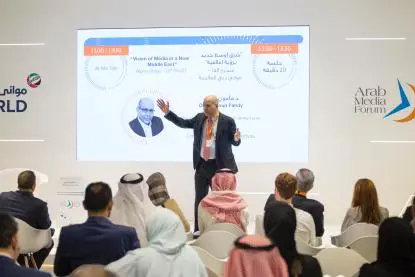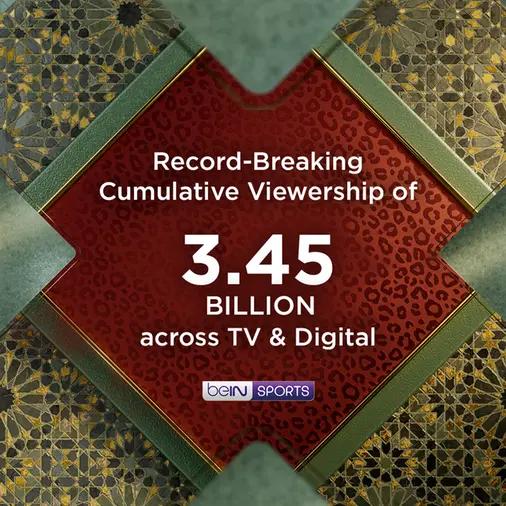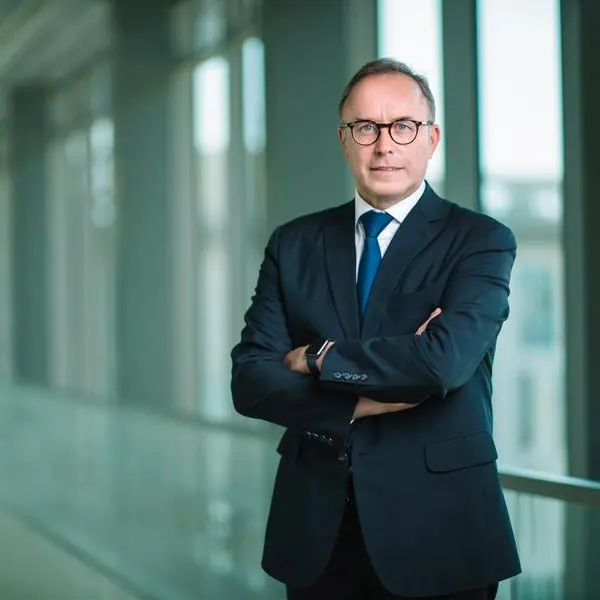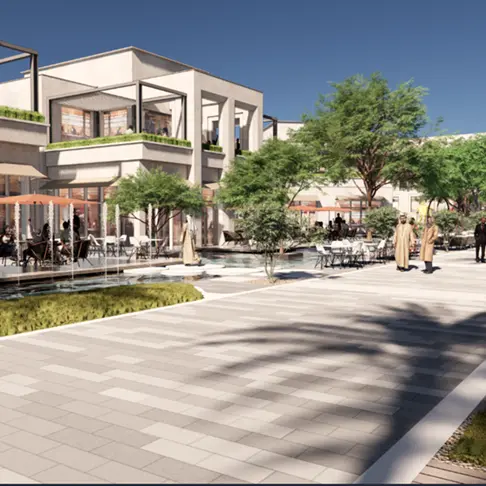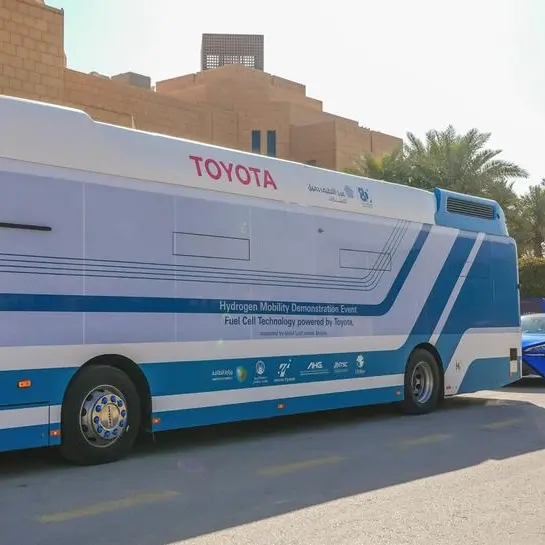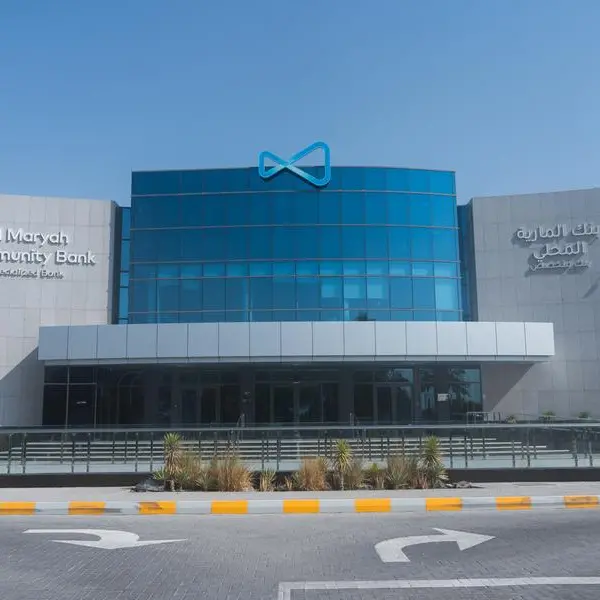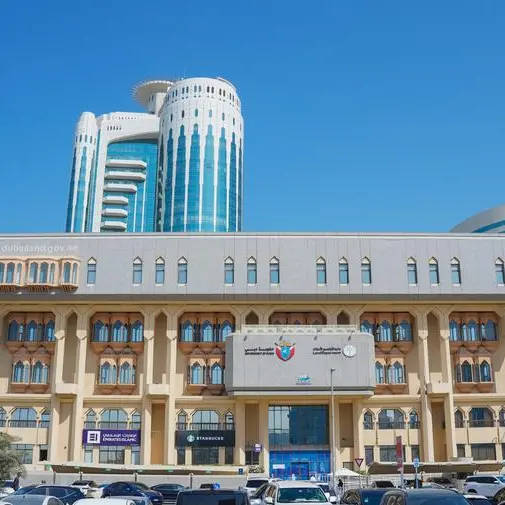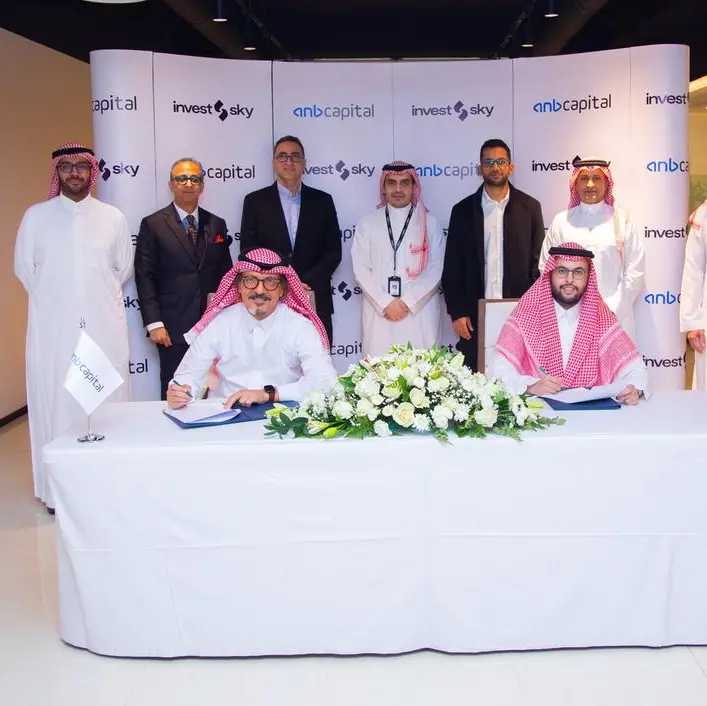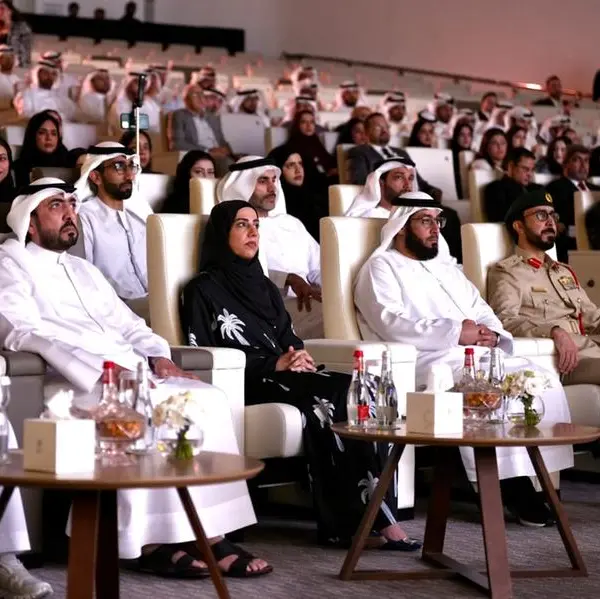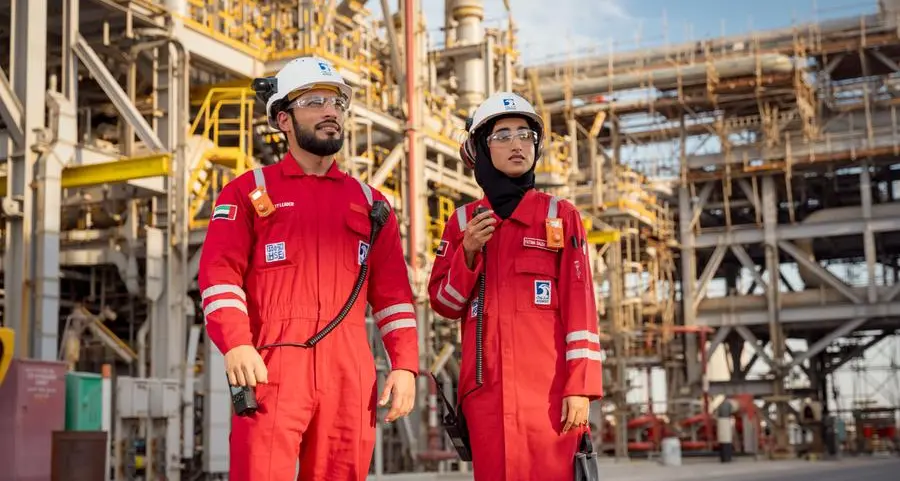PHOTO
Dubai, United Arab Emirates - Arabs should be proud of speaking about their language and culture to the world even as they envision a new Middle East stretching from Afghanistan to Morocco.
The Arabic media has a major role to play in closing the gap between the Arab world and outside by educating the people about the reality on the ground accurately, said Dr. Mamoun Fandy, an Egyptian-born American scholar, speaking on the topic ‘Vision of Media in a New Middle East’ on the opening day of the Arab Media Forum on Tuesday in Dubai.
Held under the patronage of Vice President and Prime Minister of the UAE and Ruler of Dubai His Highness Sheikh Mohammed bin Rashid Al Maktoum at Madinat Jumeirah, Dubai, from 3-4 April 2018, the 17th edition of the Arab Media Forum (AMF) has brought together more than 3,000 prominent regional and international media figures and thought leaders.
Apart from high-profile local speakers, the two-day event features 50 speakers representing 20 countries from across the Arab region and the world. Under the theme ‘Impactful Media Trends’, prominent media personalities, writers, influencers and academics are sharing their views on diverse issues at the Forum with the aim of forging a new vision for the media.
“Being ashamed of our Arab nationalism and Middle East is not right. We deserve to speak about ourselves, whether it be in English or French. Every step gives a meaning to our identity, leading us to a higher level,” he said.
“Geographically, Middle Eastern countries should be speaking Arabic. The Arab world or Near East, which includes Egypt and North Africa, has so many different languages. We are formulating this new Middle East because of the socio-political-economic crisis in the region,” he said.
“When we speak of the Middle East from an Arab perspective, as I see it in the Arab world, people are ashamed to say this is the Middle East. We have the same language and culture. It is important to impose this vision and culture even though we cannot include some Arab neighbourhoods,” said Dr. Fandy, who was a Research Professor of Politics at the Center for Contemporary Arab Studies at the School of Foreign Service of Georgetown University, as well as of Arab Politics at the National Defense University.
He said the immediate challenge was to raise the standard of media language in the Arab world.
“We are facing a media conflict because our brothers in Al Jazeera produced a new language similar to the market or low class neighbourhood. They took the Arabic language to a very low standard,” he said.
“The bigger challenge for media is to have a new Middle East that speaks the same Arabic language. The media language is not describing accurately what is happening. We should not be shy to describe reality, to educate the audience. I’m calling for what is called minus not plus. Arab nationalism not including chauvinism,” he said.
“We should not think new windows are not necessary in the media. We are speaking about multiple media platforms including iPhone. There is no descriptive language. In the new Middle East, we must first teach how to talk to the world. The Arab Spring started to formulate such awareness but didn’t change the media language,” said Dr. Fandy, a senior fellow at the Baker Institute, the United States Institute of Peace and at the International Institute for Strategic Studies in London.
-Ends-
© Press Release 2018